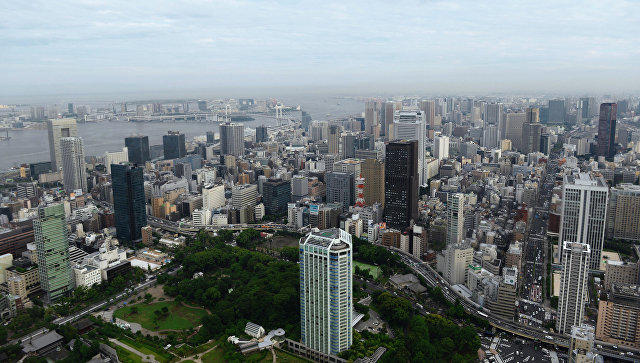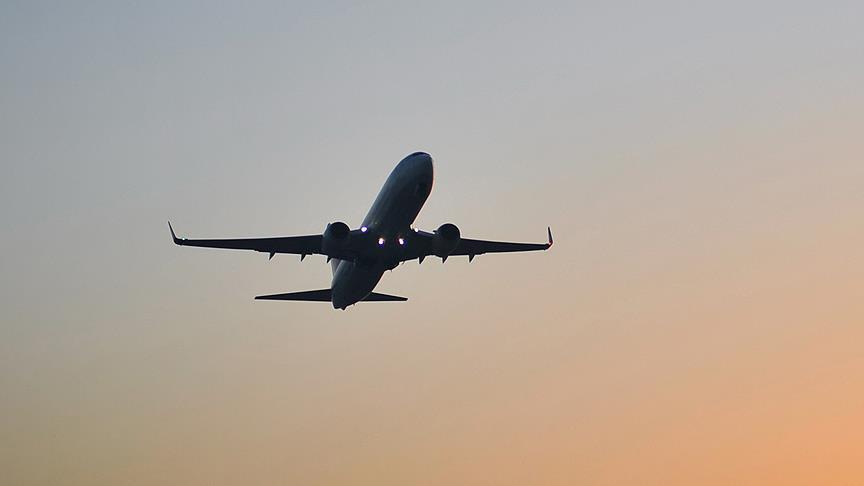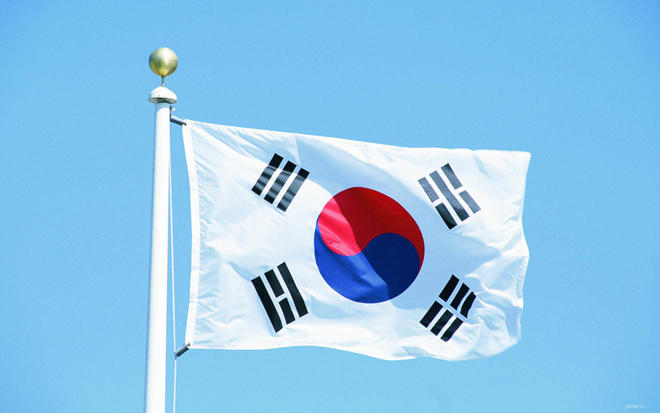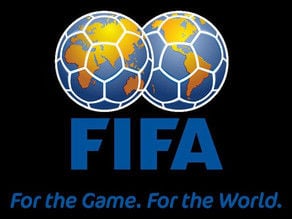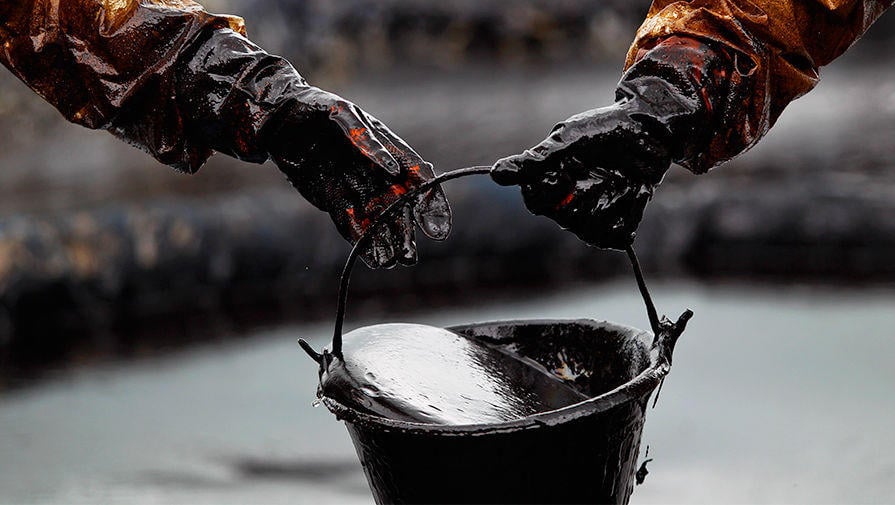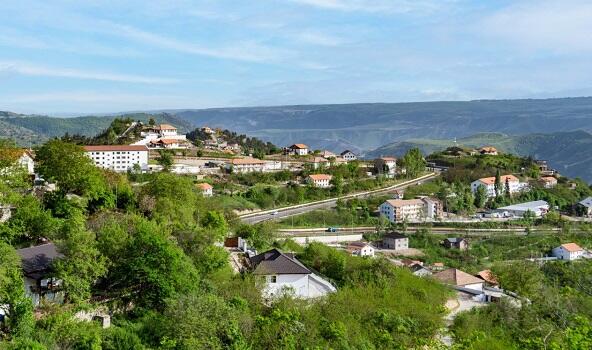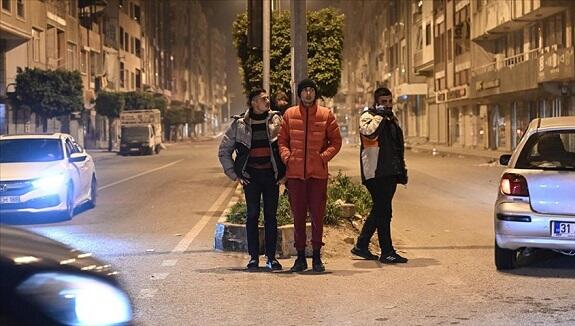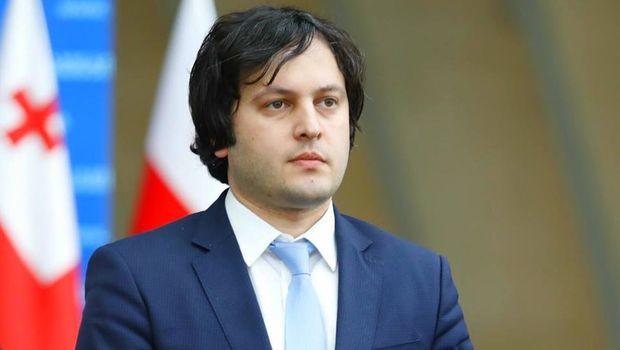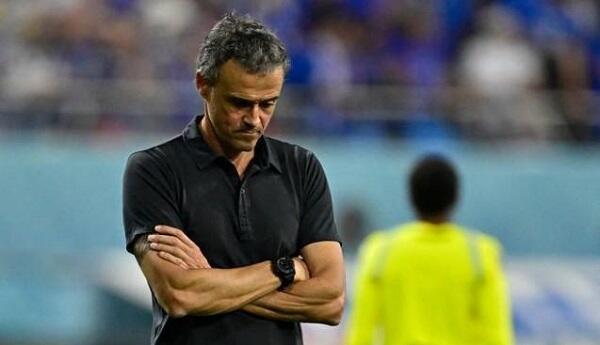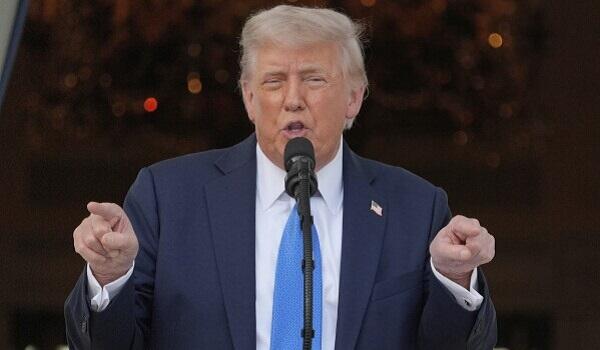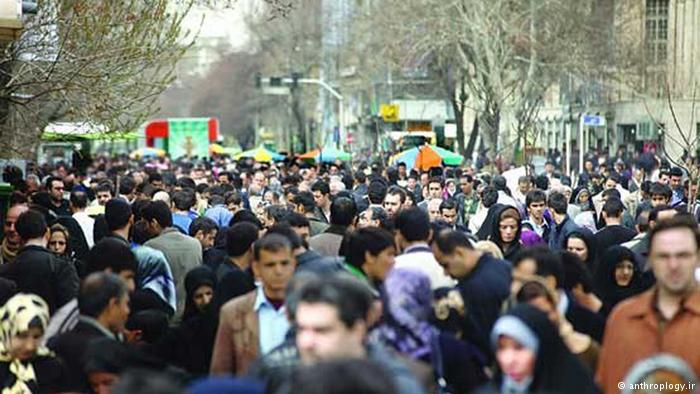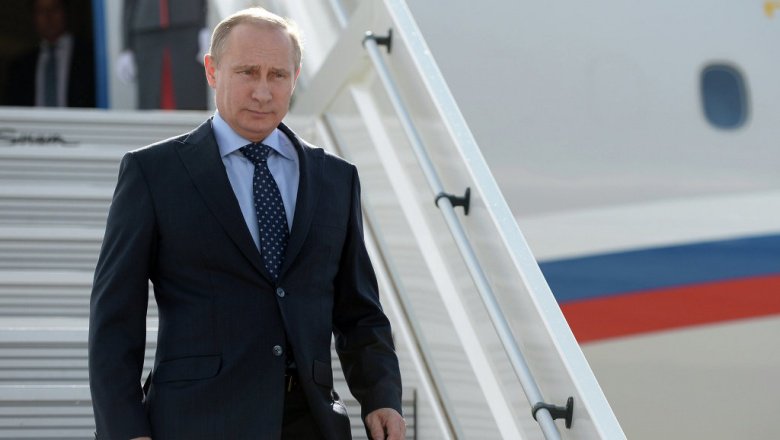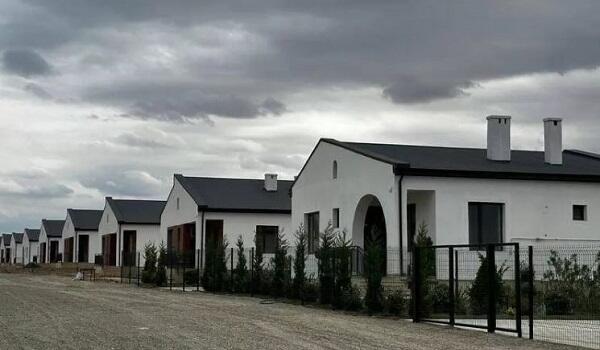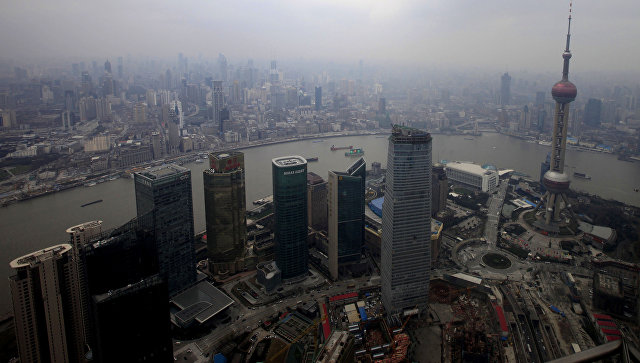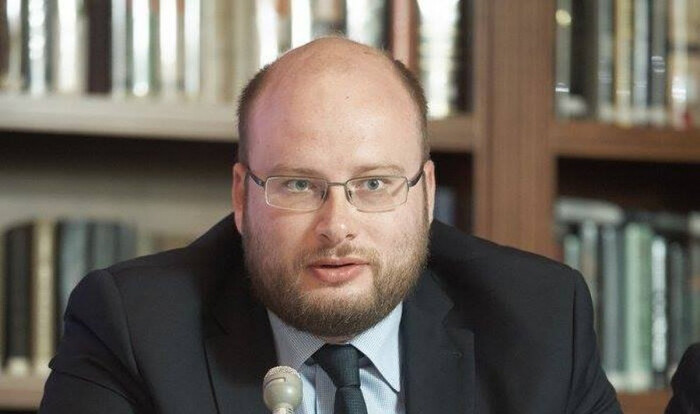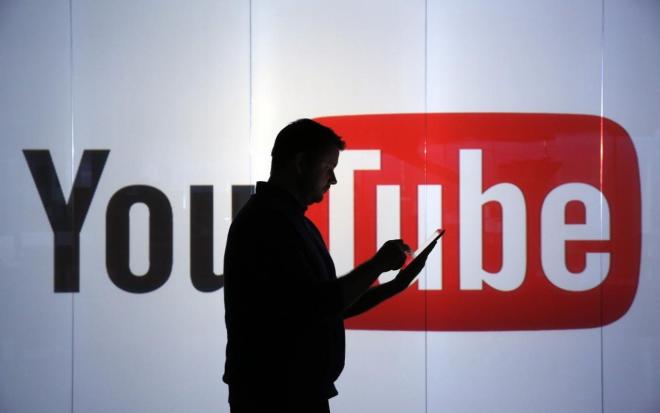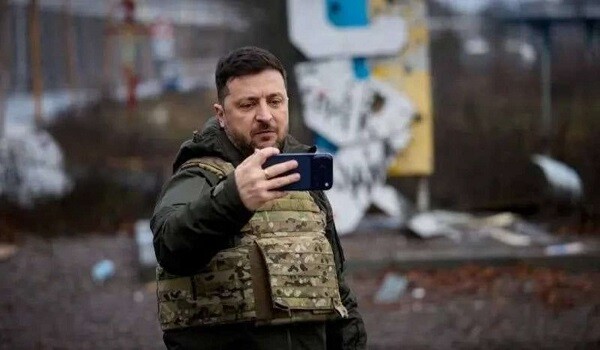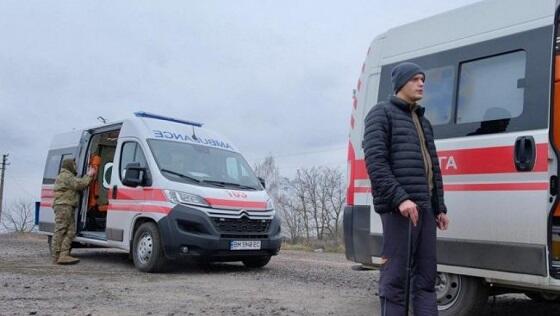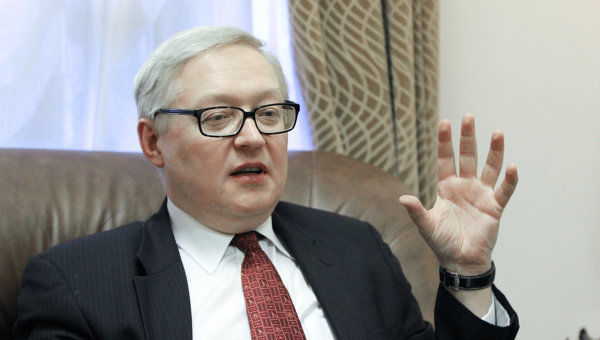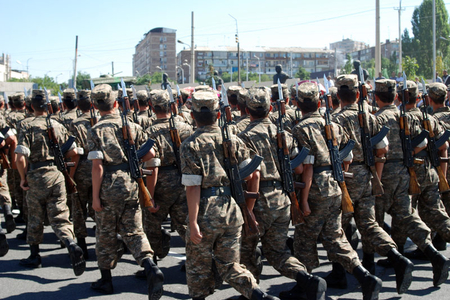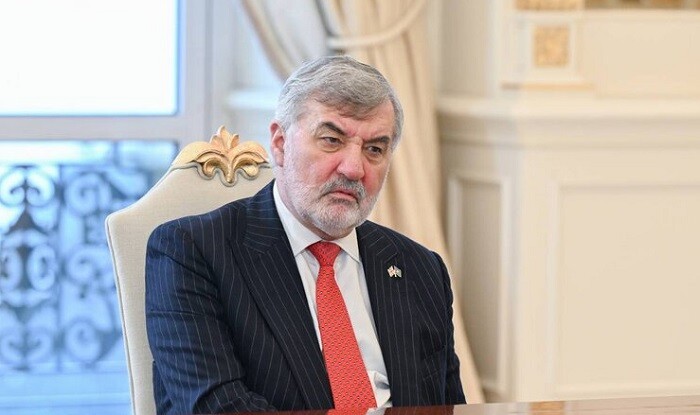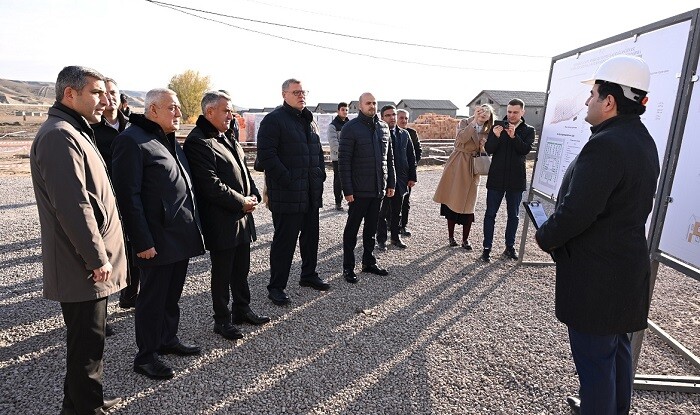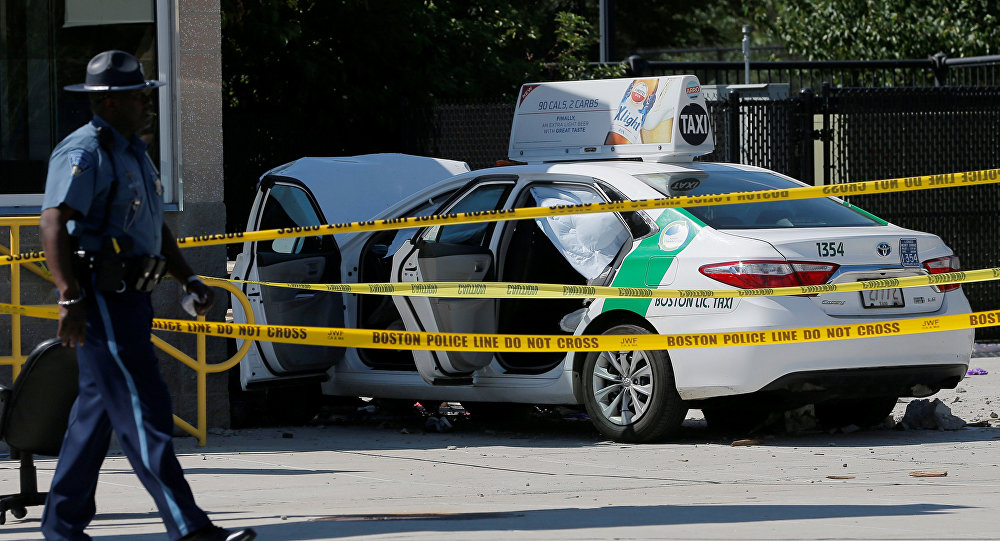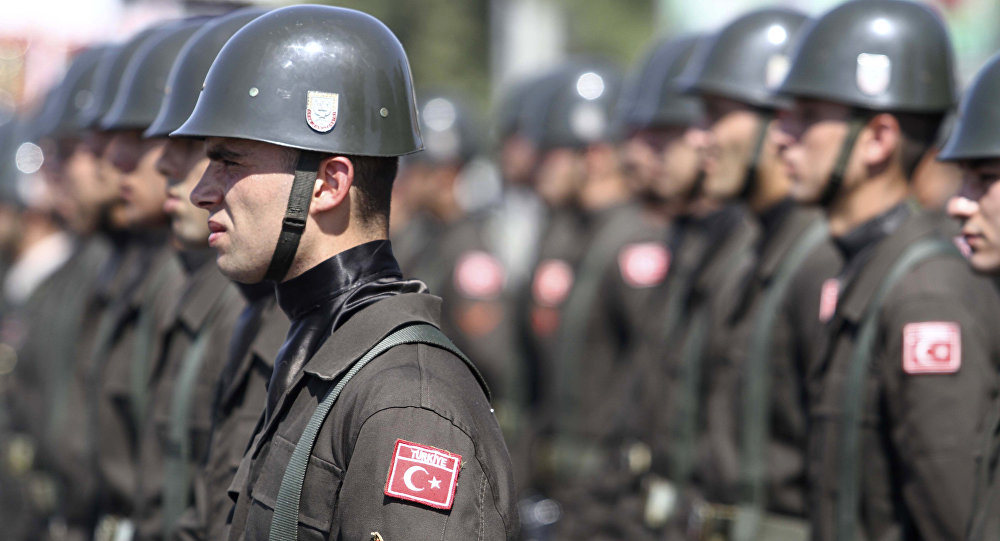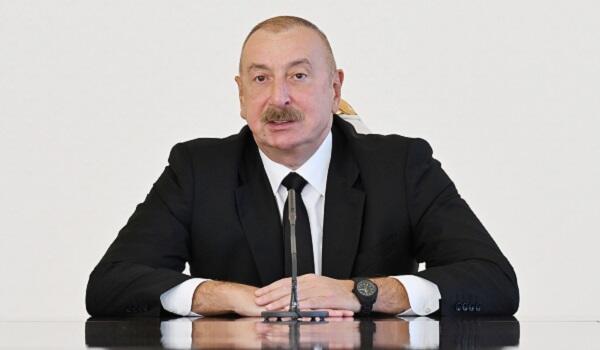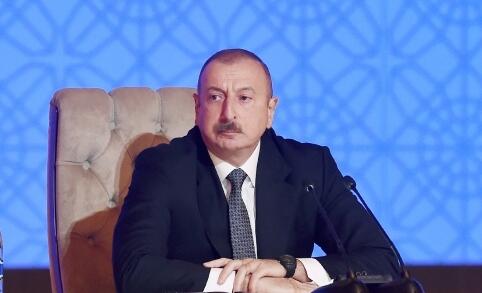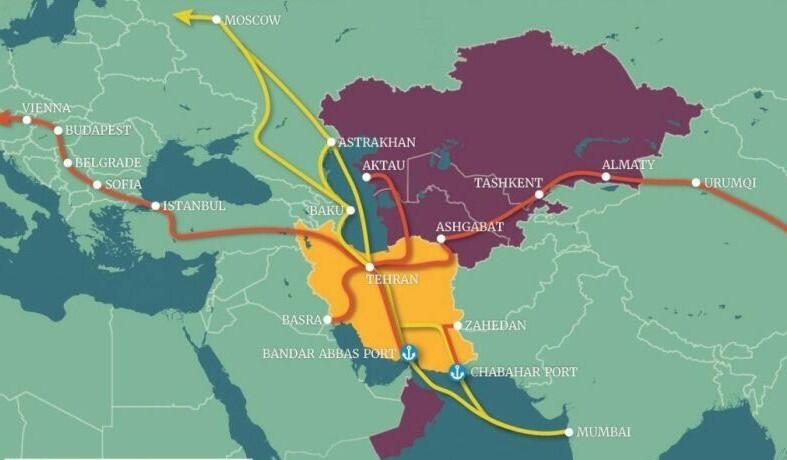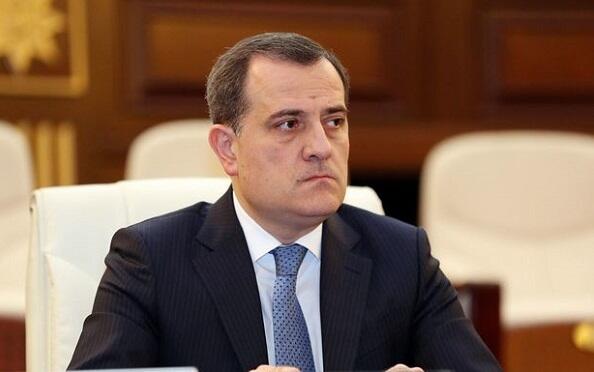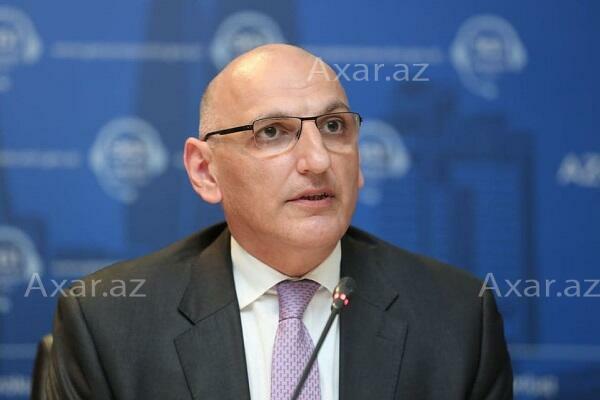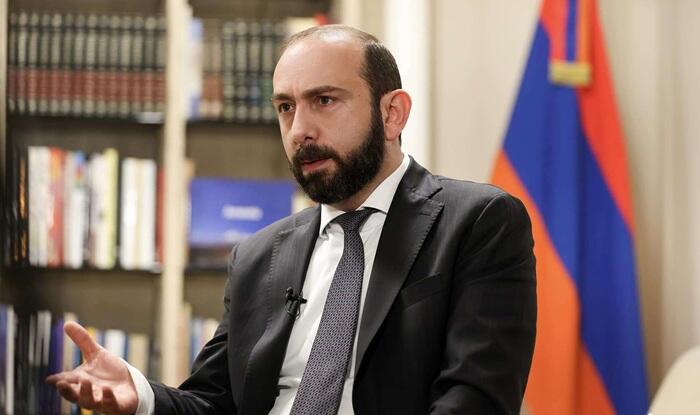France’s Total and the Italian company Eni resumed the appraisal drilling of the gas fields in the exclusive economic zone of Cyprus. Turkey has hammered the energy consortium for it and is considering a “response.”
Axar.az reports citing Sputnik news.
Block 11, for which the consortium holds an exploration license, is located close to Aphrodite, a big recently discovered Cypriot gas field, and only 40 kilometers away from the Egyptian gas field Zohr, the biggest field in the eastern Mediterranean. Vedomosti reports that the domestic gas requirements of Cyprus are estimated to be modest, so there are huge export possibilities. They are even considering the possibility of constructing a pipeline jointly with Greece and Israel.
In April the three countries agreed to move forward with a Mediterranean pipeline project to carry natural gas to Europe, setting a target date of 2025 for completion, reports Reuters. In June a trilateral head of state meeting dedicated to the topic took place in Thessaloniki, Greece. The estimated cost of the project would be up to 6 billion euros ($6.7 billion).
However, Turkey is opposed to gas production on the island's sea shelf. Turkey invaded Cyprus in 1974 following a Greek Cypriot coup led by militants hoping to reunify the country with Greece. The Turkish Republic of Northern Cyprus was established in 1983. However, apart from Ankara, the international community considers it part of the Republic of Cyprus.
Turkey insists that the Republic of Cyprus doesn't have an exclusive right to the island's hydrocarbon resources.
The situation is complicated by the recent collapse of the Crans-Montana talks to reunify the divided island nation, which remains split between ethnic Greek and Turkish Cypriots. The leaders of the two Cypriot communities, the foreign ministers of Great Britain, Greece and Turkey and EU observers haven't come to an agreement.
Cyprus News Agency cites a "reliable source" as saying Turkey insisted on remaining a guarantor state and refused to withdraw its military contingent from the island, which became the stumbling block of the negotiations. Ambassador Matthew Rycroft, the UK's Permanent Representative to the UN, said, commenting on the talks: "We called for a time of reflection and pause and we encouraged the parties not to get in any sort of blame game."
